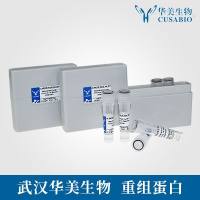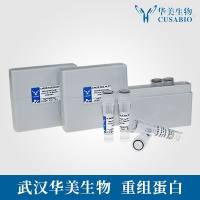Assessment of Proteasome Impairment and Accumulation/Aggregation of Ubiquitinated Proteins in Neuronal Cultures
互联网
互联网
相关产品推荐

TUBB3 (Neuronal Marker) Mouse mAb(bsm-33177M)-50ul/100ul/200ul/500ul/200ug
¥1180

Recombinant-Drosophila-melanogaster-CAAX-prenyl-protease-2SrasCAAX prenyl protease 2 EC= 3.4.22.- Alternative name(s): Farnesylated proteins-converting enzyme 2; FACE-2 Prenyl protein-specific endoprotease 2 Protein severas
¥11466

Neuronal thread protein AD7c-NTP Rabbit pAb(bs-0046R)-50ul/100ul/200ul
¥1180

TUBB3 (Neuronal Marker) Rabbit pAb(bs-4512R)-50ul/100ul/200ul
¥1180

CHRNA7/CHRNA7蛋白Recombinant Human Neuronal acetylcholine receptor subunit alpha-7 (CHRNA7)重组蛋白Neuronal acetylcholine receptor subunit alpha-7蛋白
¥1836

